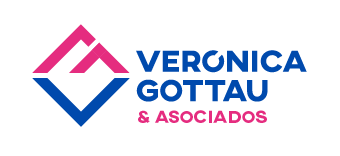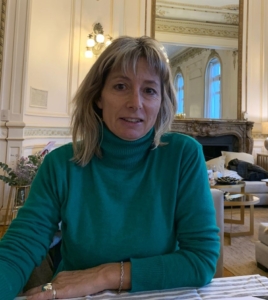This is the learning story of a client that may help clarify some contradictions inherent in the leadership role.
Martin, not his real name, came to VG & Associates because he felt he could not be a good practice leader. When asked why he thought or felt that he replied that he did not tolerate confrontation. Well, of course, I thought to myself, I do not think anyone enjoys it and I then proposed to delve into this topic a little more.
My first question was where he had seen or felt that confrontation. Martin knew that he wanted to be a democratic leader, in his own words. He wanted to give everyone in his team a place and he argued that this was in line with his personality and values. The first contradiction inherent in the role at least here was resolved. However, when the members of his team expressed their opinion, Martin felt that he had to confront that situation.
For example, one of the projects they were working on turned out to be more complex than planned. They had to decide whether to reschedule dates and strategies or bring someone else to the team, which meant removing that person from another project. Part of the team thought that the date given to the client is non-negotiable, and therefore they should not change it. Others thought that they had nothing to lose by talking it over with the client. Others, instead, worried about the risks of incorporating someone new.
Martin perceived confrontation when, in fact, there was exchange of opinions and points of view. He felt he was responsible for that, and he had to solve it himself. However, there were more options.
In the first place, working in middle management implies and requires taking decisions and it is crucial to know what decisions we can take and which ones we cannot take. Let us think about Martin: he had decided what type of leader he wanted to be, but he had not considered the emotional implication of facing diverse opinions. At this point, Elliot Jacques theory can help explain the situation. Jacques understands work as a constant decision, as an exercise of discretion and discernment when conducting a task. Working is all about solving problems and it is then that people use their capability
So, by raising awareness about the role of leadership as a constant decision-making process he could change a long-held belief: where he perceived individual confrontation to his team there was, in fact, use of discretion and discernment.
He could finally see that he did not have to face any confrontation with his team: there was only confrontation of ideas, not people. It also dawned on him that he had to elaborate a plan and think strategically to process all the information collected in his team meetings.
Everything was back on track. However, in the middle of the conversation Martin says, «We always take the decisions together.» Alarm! The members of his team can participate in the decision-making process, but the decision must be made by the leader because that is his/her role. In the same line of thinking, those who participate must also understand that giving their opinion is just that, one more contribution, and that it will not necessarily coincide with the final decision.
Our meeting allowed Martin to understand that as a leader, there should be a moment of reflection between the meeting with his team and the decisions he made and that he should process all that information, make an informed decision, and then let the team know about it. If we do not manage to make ourselves this space for reflection the role of the leader is lost.
To add value as a leader it is particularly important to follow some steps: collect information, analyze that information, take informed decisions, and communicate those decisions. Trying to do all in one go it is a quite common mistake.
In short, where Martin saw personal confrontation, something that distressed him, there was exchange of ideas. He could also see that his role was to exercise discretion and discernment. In subsequent meetings we worked on how the ‘confrontation’ can be an opportunity to create valid knowledge. But that will come in the next blog.
At VG & Asociados we work on what happens while you work, and we help you find an efficient and effective solution in line with your values.
Asesoría
En VG & Asociados acompañamos a las empresas y sus líderes en el desarrollo de sus habilidades de liderazgo y habilidades blandas en general desde el enfoque del Aprendizaje Organizacional. Nuestra propuesta busca potenciar las capacidades subyacentes de las personas en proceso de capacitación, invitándoles a ser parte activa del proceso.




